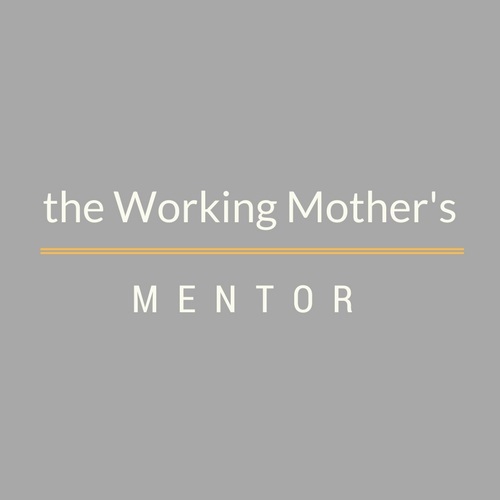
Sharon Saline, Psy.D., clinical psychologist and author of the award-winning book, What Your ADHD Child Wishes You Knew: Working Together to Empower Kids for Success in School and Life, specializes in how ADHD, learning disabilities and mental health issues affect children, teens, young adults and families.
Her unique perspective, namely growing up in a household with a sibling who wrestled with untreated ADHD, combined with decades of clinical experience, assists her in guiding families as they navigate the confusing maze of information, emotions, stress and conflict related to ADHD.
She helps them appreciate the positive aspect of living with ADHD and create successful dialogues, interventions and connections. Dr. Saline has also worked extensively with schools on mental health issues in the classroom, interpreting psychological evaluations and improving teacher/parent communication.
As an internationally sought-after lecturer and workshop facilitator known for combining her expertise in psychology with a background in theater, she addresses a variety of topics such as understanding ADHD and executive functioning, new tools for managing anxiety, making sense of the teen brain and working with different kinds of learners.
Dr. Saline is a regular columnist for ADDitudemag.com and Psychologytoday.com. She is a part-time lecturer in the Continuing Education Program at the Smith School for Social Work. She appears monthly on WWLP’s Mass Appeal show as their resident child and family psychologist.
A magna cum laude graduate of Brown University, she received her master’s degree in psychology from New College of California and her doctorate in psychology from the California School of Professional Psychology at Alliant University.
Share the Show
If you enjoyed the podcast, please tell your friends and give us a 5-star rating on Apple Podcasts. Click here to subscribe.
Sneak Peek Into What You’ll Learn…
2:53 – Sharon explains what ADHD is, different paths to receiving a diagnosis, and what you need to know about psychoeducational evaluations.
7:03 – An ADHD diagnosis is only an early stage of the journey. Sharon describes what happens next and the factors to explore when considering medication.
10:01– How do you know when your child’s hyperactivity is beyond the bounds of typical behavior? Sharon discusses red flags and the complexity of ADHD diagnoses.
17:14 – Determining whether or not a child has ADHD can be a challenge as different experts give conflicting opinions. Sharon shares why a child’s intelligence could temporarily mask ADHD symptoms, making a diagnosis more difficult.
23:12 – Are there alternatives to medication, especially for young children? Sharon walks us through some of the non-medication interventions and treatments, including some lifestyle choices.
28:22 – Sharon shares powerful strategies to help kids with executive functioning challenges.
35:42 – Sharon unpacks The Five C’s of ADHD parenting and provides examples of how to apply them in everyday life: self-control, compassion, collaboration, consistency, and celebration.
48:07 – People of all ages living with ADHD often have a sense of shame. Sharon explores the root of this emotion and provides concrete steps parents can do to counteract the negative self-talk children may be experiencing.
53:23 – Emotional regulation is one of the top challenges for families living with an ADHD child. Sharon discusses what the term means, how it manifests, and what parents can do about it.
56:28 What happens when your ADHD child has mental health issues or other diagnoses? Sharon provides powerful recommendations about how to manage this complex situation.
59:35 – Brass Tacks: The lightning round of concrete advice and tips.
Quotable quotes:
“Every child who has ADHD has executive functioning skill deficits and that’s what we have to focus on.”
“School is often the worst domain for kids with ADHD.”
“57% of adults who have ADHD have a child with ADHD.”
“Medication facilitates the learning of executive functioning skills… However, pills are not going to teach skills.”
“Learning how to use a list, teaches a number of executive functioning skills simultaneously.”
“Celebration is noticing the small stuff and not sweating it so much.”
Links to Resources
Join us in our private Facebook Group, The Working Mother’s Mentor Community
To learn more about Sharon, visit her website
Like Sharon’s Facebook page for tips and strategies
Follow her on Twitter
Grab a copy of her book: What Your ADHD Child Wishes You Knew: Working Together to Empower Kids for Success in School and Life


